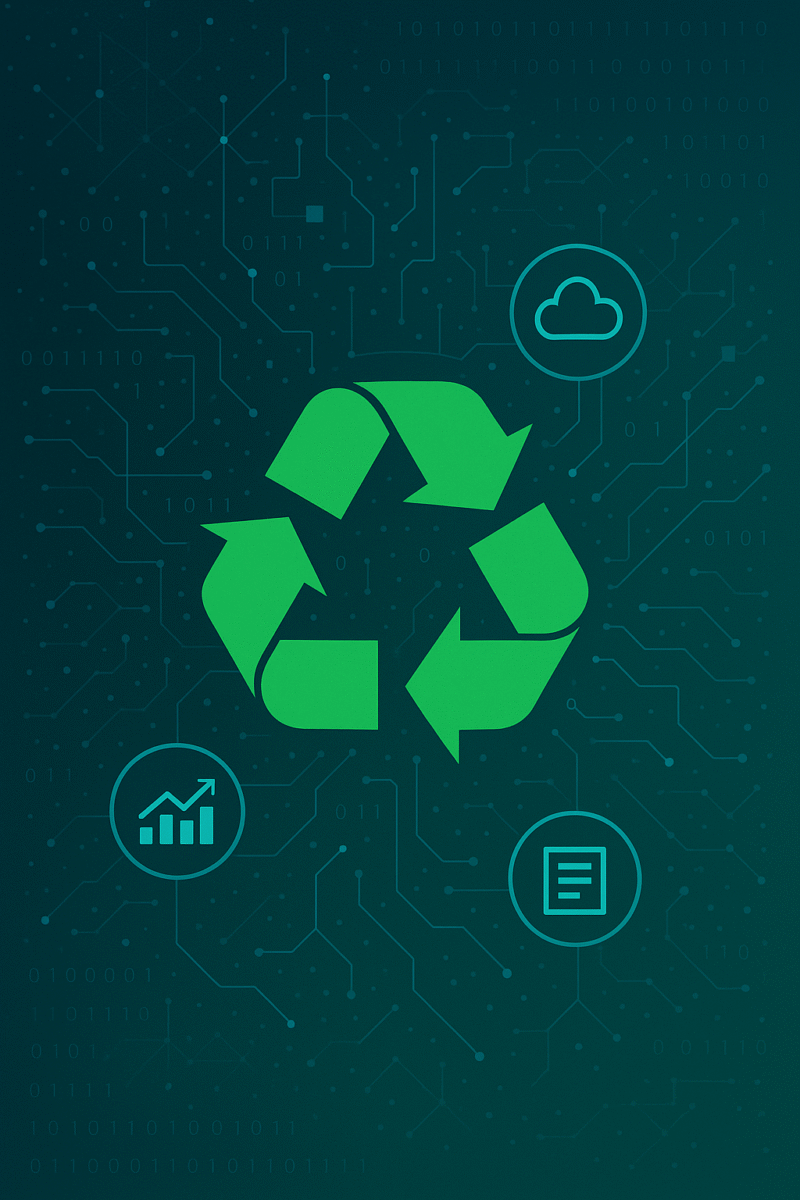Ragn-Sells brings the recycler’s perspective to SwePass
What kind of data is needed to scale circular material flows? How do we make that data shareable across systems, organisations and value chains? These are the questions Ragn-Sells is exploring in the SwePass project.
As a company working at the intersection of waste and resources, Ragn-Sells plays a critical role in making circularity possible. But circular flows are not just about physical logistics—they depend on shared, structured and reliable information.
– If we want to scale circular material flows, we need standardised ways of describing materials and sharing data. Otherwise, it simply becomes too heavy to manage,
says Karin Wannerberg, Project manager, R&D at Ragn-Sells.
Data that supports circular decisions
In SwePass, Ragn-Sells is involved in several areas. One focus is to better understand what data is needed to assess recyclability and how that data can be collected and shared in structured formats. To support this, the team is developing a mobile app based on an ontology first developed in the Onto-DESIDE and Trace4Value projects.
They’re also examining how information in Digital Product Passports (DPPs) and Environmental Product Declarations (EPDs) can be used to highlight the value of recycled raw materials in new products. Ragn-Sells believes EPDs in particular could help make circularity more visible and measurable, and is now exploring which datapoints are most relevant. The work is done in close collaboration with EPD International, which is also part of the SwePass work package.
The challenge of speaking the same language
One of the biggest barriers to circularity, according to Wannerberg, is the lack of a common way to describe materials. Without aligned definitions and data structures, it’s difficult to share or even interpret key information.
– Traceability depends on shared language and long-term collaboration. We need to align across sectors and systems, not just a few actors, but the entire value network, Karin Wannerberg says.
What Ragn-Sells brings to SwePass
As a recycler and supplier of secondary raw materials, Ragn-Sells brings a practical, system-wide perspective to the table. They hope to share insights on what’s needed to make traceability work at scale while also learning from others.
The team also sees SwePass as a valuable opportunity to test ideas and connect their work on digital infrastructure with the broader ecosystem of data and standards needed for a circular economy.
